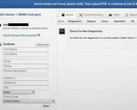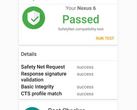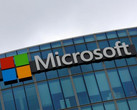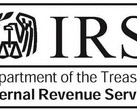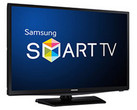Hacker attacks are at an all-time high these days, making headline after headline in news all across the world. Thus, most PC OEMs try to offer a plethora of security feature with their latest hardware products. If you want one of the most secure PCs around, you should check out the ORWL PC – a small form factor personal computer that can protect from physical hacking through a “self-destruct” mechanism that wipes the storage drives clean of all the existing data when hackers try to temper with it.
The mini PC’s name might remind you of Geroge Orwell and his dystopian 1984 novel where the lack of privacy was paramount. The Orwl PC, however, takes privacy protection to new heights and includes a plethora of security features. It comes pre-installed with Windows, Ubuntu or Qube OS, and it features protection against UEFI and DMA attacks, plus USB-based attacks. Included with the Orwl is a key fob that integrates NFC tech to authorize user access. When the key fob is out of range, the Orwl locks down all USB ports to prevent any malicious intrusions. The most outstanding feature is the protection against physical tempering. If hackers try to temper with the electrical components, Orwl wipes its encryption key to prevent access, even when the PC is unplugged.
The Orwl project was 404% funded via the Crowd Supply site in October 2016, raising $101,231. The manufacturer will release Orwl in August this year for $1,699.
Previous article
Nvidia intends to make the leap to multi-GPU designNext article
Jawbone is apparently goneI first stepped into the wondrous IT&C world when I was around seven years old. I was instantly fascinated by computerized graphics, whether they were from games or 3D applications like 3D Max. I'm also an avid reader of science fiction, an astrophysics aficionado, and a crypto geek. I started writing PC-related articles for Softpedia and a few blogs back in 2006. I joined the Notebookcheck team in the summer of 2017 and am currently a senior tech writer mostly covering processor, GPU, and laptop news.
> Expert Reviews and News on Laptops, Smartphones and Tech Innovations > News > News Archive > Newsarchive 2017 07 > "Self-destructing" PC will keep hackers at bay
Bogdan Solca, 2017-07- 7 (Update: 2017-07- 7)



